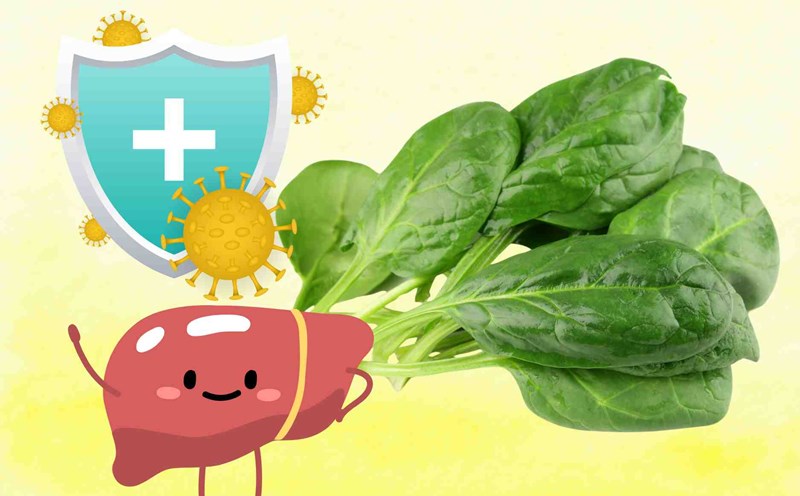Vitamin D plays an important role in absorbing calcium, protecting bone health, supporting the immune system and muscle function. However, many people are still deficient in vitamin D, although it can be easily supplemented through sunlight, diet and functional foods.
According to nutritionist Brittany Lubeck (MS, RDN), "Your body can synthesize vitamin D on its own if it is exposed to sunlight properly, but not everyone has the conditions or ability to synthesize enough". Here are 7 simple ways to supplement vitamin D naturally:
Reasonable sun intake
Just go outside for 5 - 30 minutes a day (10am - 4pm), do not cover too much, the body will produce vitamin D from UVB rays on its own. However, people with dark skin or living in less sunny areas may absorb less.
Eat fatty fish and seafood
Fish such as salmon, mackerel, herring, and sardines are rich in vitamin D. 3-ounce grilled salmon can provide up to 645 IU of vitamin D, a large part of daily needs.
Use fortified foods
Many types of milk, breakfast cereals, orange juice or vegetable butter have been supplemented with vitamin D since the 1930s to fight bone coronation. Check the nutrition label to know if the product contains vitamin D.
Supplement vitamin D from plants
If you don't drink milk, you can choose soy milk, almond milk or rice, these products are often increased in vitamin D.
Eat mushrooms
Mushrooms exposed to sunlight can create vitamin D2. Dried mushrooms or wild mushrooms are often richer in vitamin D than raised mushrooms. According to research from Boston University, vitamin D from mushrooms is still absorbed by the body effectively as from functional foods.
Support absorption with appropriate food
Vitamin D is fat-soluble, so eat it with olive oil, avocado, or nuts. In addition, magnesium, zinc and vitamin K also help the body use vitamin D more effectively. A study by Vanderbilt University shows that combining vitamin D with magnesium significantly improves vitamin D levels in the blood.
Consider using functional foods
For adults, the daily requirement is 600800 IU of vitamin D. If the diet does not meet the requirements, supplementation in the form of D3 can be taken, which is considered more effective than D2 in improving deficiency.
However, according to expert Elizabeth Barnes (RDN, Cleveland Nutrition Center), " Pregnant women, people with kidney or thyroid disease should consult a doctor before supplementing vitamin D".











